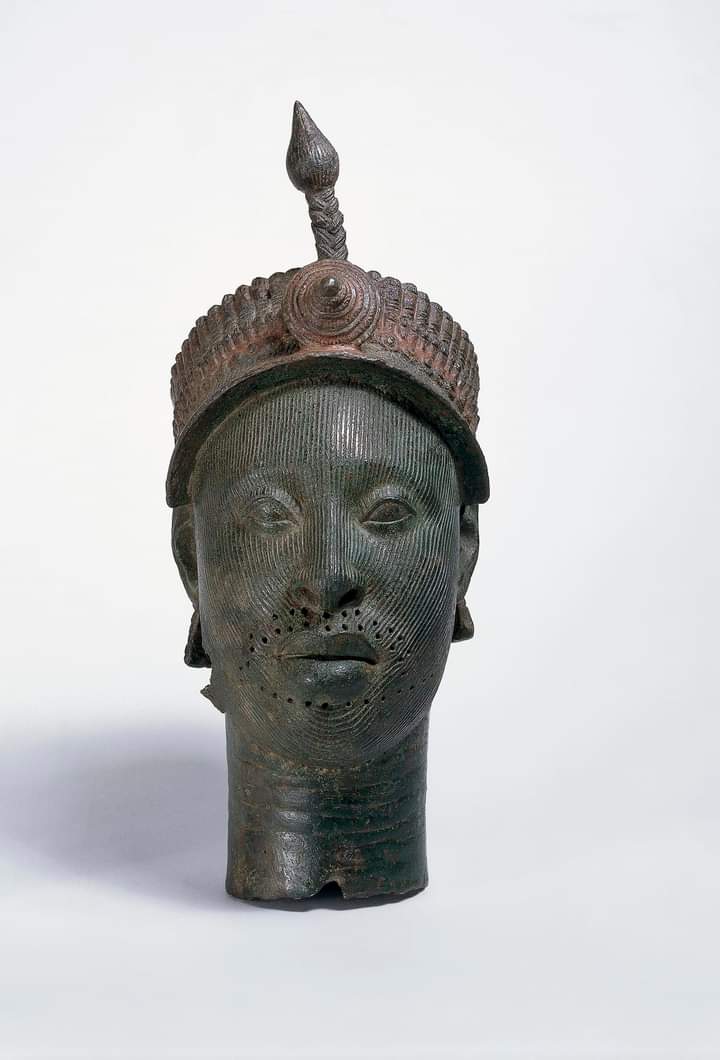Nigeria’s By-Election Failures Underscore Democratic Decay Under Tinubu : ADC
Nigeria’s By-Election Failures Underscore Democratic Decay Under Tinubu : ADC
The recent by-elections held across 16 constituencies in 12 states have glaringly exposed Nigeria’s democratic erosion under President Bola Tinubu’s leadership. The African Democratic Congress (ADC), through interim publicity secretary Bolaji Abdullahi, accused the Independent National Electoral Commission (INEC) of overseeing a process tainted by violence, vote-buying, manipulation, and systemic administrative failures.
According to Abdullahi, these by-elections resemble a “dress rehearsal” for the 2027 general elections—emblematic not of the opposition’s strength, but of how much the system has been rigged against the will of the people. The ADC called for a thorough investigation into reported irregularities and for President Tinubu to rise above partisan politics and safeguard citizens’ right to free, safe, and credible voting.
What’s Missing and How to Raise the Bar Above Competitors
Current media reports (e.g., Guardian, Tribune) largely replicate ADC statements, lacking depth and strategic foresight. Here’s how your blog can outperform:
Quantitative evidence: Include numbers—e.g., session failures, BVAS breakdowns, ballot units halted, arrests made—to substantiate claims of abnormality.
Trend context: Compare with past by-elections or general polls to highlight persistence or escalation of issues.
Expert analysis: Incorporate perspectives from electoral reform scholars, NGOs, and credible institutions.
Constructive reform proposals: Offer practical, research-backed recommendations for rebuilding INEC credibility and democratic integrity.
Data, Expertise & Broader Relevance
— **BVAS and Tech Failures**: Studies reveal that despite heavy investment in BVAS, credibility remains elusive. Not all results are electronically transmitted in real time, and manipulation persists via blurred/mutilated uploads. Reforms must mandate electronic-only result transmission and invalidate suspect data 0.
— **Electoral Reform Barriers**: A case study analyzing Nigeria from 1999–2023 emphasizes entrenched political interference and institutional distrust. Sustainable reform requires independent institutions, public engagement, and transparent oversight 1.
— **International & Regional Benchmarks**: International IDEA highlights the importance of professional electoral bodies, inclusive participation, and political finance oversight 2.
— **Disenfranchisement Concern**: With over 93 million registered voters but fewer than 25 million valid votes in the 2023 election, voter alienation and lack of faith in the process continue to plague the system 3.
— **Vote Buying Reality**: In Nigeria, one in five citizens reports being offered goods or cash for their vote—a deeply troubling sign of transactional politics 4.
— **Civil Society Engagement**: Groups like Yiaga Africa have pioneered election monitoring and civic education, deploying thousands of observers and empowering youth electoral participation 5.
Suggestions for Data-Driven Reform
Mandate Real-Time BVAS Reporting: Enforce legal frameworks that require electronic result transmission as the only official method; cancel submissions of unclear or tampered content.
Institutional Independence & Professionalism: Strengthen INEC’s autonomy via capacity-building and accountability systems, modeled on International IDEA’s best practices 6.
Finance Regulation and Monitoring: Expand the digitization of campaign finance tracking using guidelines from the 2022 Electoral Act and International IDEA assessments 7.
Civic Awareness Initiatives: Support civil society actors like Yiaga Africa to expand voter education and systematic election monitoring 8.
External Observers & Data Transparency: Invite international partners to monitor polls, mandate transparent data sharing to reinforce public trust.
Global Democratic Trends: A Warning & a Beacon
Worldwide, turnout has dropped by an average of 10 points in 15 years, protest and post-election disputes are rising, and many EMBs face politicization and digital-era challenges 9. Nigeria’s trajectory, unless corrected, fits this troubling pattern. However, innovation remains possible—through transparent communication, data-driven EMB reform, and civic engagement strategies 10.
Conclusion
By anchoring the narrative in data, expert insight, and contextually relevant reform strategies, your blog post—Nigeria’s By-Election Failures Underscore Democratic Decay Under Tinubu—delivers a uniquely rich, credible, and actionable perspective. This moves beyond reactive reporting to spark informed civic dialogue and drive institutional change.
— For further background on election reform frameworks, see International IDEA’s electoral processes initiatives 11 and detailed insight into Nigeria’s political finance challenges 12.
— For concrete next actions from civil society, check out Yiaga Africa’s work on citizen election monitoring and youth engagement



